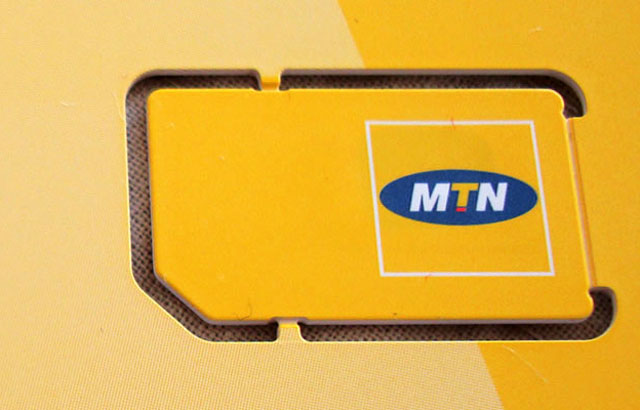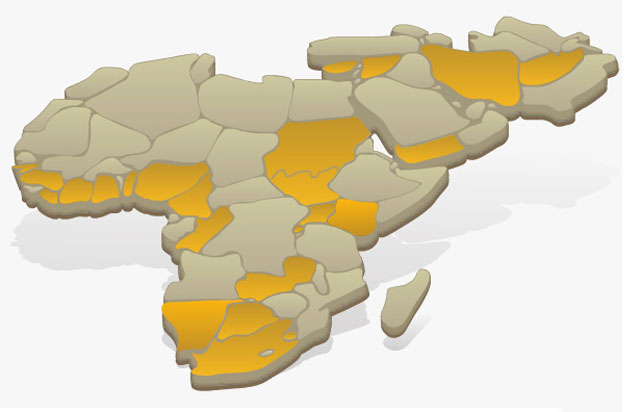
MTN has announced plans for the introduction of its third black economic empowerment deal, valued at R9,9 billion, and it’s received a great deal of attention from investors and analysts alike.
The proposed scheme will see the issue to MTN Zakhele Futhi, the single shareholder, of a 4% stake in MTN Group. Shares will be priced at R102,80, representing a 20% discount to the 10-day volume weighted average per MTN share of R128,50 on 17 August.
MTN will structure the discount through additional equity in the empowerment vehicle and will be leveraged through vendor and third-party funding. The scheme is set to run for an eight-year period in which investors will be locked in for three years after which they will be restricted in terms of whom they may trade with.
The scheme will take the form of a public offering where qualifying black participants will be invited to subscribe for a minimum investment amount of R2 000. Shareholders of the maturing MTN Zakhele scheme, to be unwound in November, will be given the opportunity to reinvest a portion of their MTN Zakhele shares in the new MTN Zakhele Futhi.
In addition to the scheme, a new employee share ownership plan for MTN staff, excluding directors and management, is proposed. MTN will issue 0,1% of its issued share capital and the scheme will not require equity from eligible participants.
Shareholders will need to approve the proposed empowerment transaction, further details of which are expected to be released in September. Given this, it is worth relooking at the mechanics of the MTN Zakhele scheme and the value it will, on its unwinding, provide to those who invested six years ago.
At the time of the deal in 2010, much noise was made around the fact that the success of the scheme depended heavily on the performance of the MTN share price, which at the time was around R122. Commentators believed that the share price could, six years on, conceivably be close to R225. To the extent that it fell below this level, the returns would be less attractive but still meaningful and if it slumped below R109, according to an article in Business Report at the time (MTN Zakhele an attractive risk, by Ann Crotty on 8 September 2010), then investors would lose all their money. The MTN share price is currently R124,30/share, dogged by experiences in Nigeria and a highly competitive environment, which has weighed heavily on prices and subscriber growth.
The MTN Zakhele offer was 1,7 times oversubscribed, raising R2,8bn, though capital allocated was R1,6bn. While some 87% of shareholders hold fewer than 500 shares each, media reports at the time cited Cyril Ramaphosa as having been allocated R187,3m worth of shares equivalent to 9,4m shares, while Phuthuma Nhleko, MTN’s CEO, was allocated 2m shares at a price of R40,2m. It will be interesting to see if the new scheme has restrictions on the amount one individual is allowed to invest.

For every R2 000 invested by black participants, MTN and funders put in R8 000. R1 600 of this was MTN’s donation (read: cost to shareholders), the remaining R6 400 had to be paid back before the scheme participants received anything.
According to the article, the external funders provided R2,2bn, and will be the first in line to be repaid, then MTN will be repaid the R3,2bn plus interest that it provided for the transaction. Zakhele’s financial results in March this year reflected the R964,6m dividend generated from its stake in MTN Group was utilised to settle some of these obligations. This was a rise on the R836,5m paid out in 2014, enabling Zakhele to repay debt in excess of the budgeted repayment schedule.
When the scheme matures on 24 November, Zakhele will hold 75,4m MTN shares. According to the MTN company announcement released this week, if one assumes a share price of R133,19 (as at 17 August), 29,3m shares will be repurchased to settle third-party preference share funding, notional vendor finance, taxes and costs, leaving 46m shares to distribute to participants. The number of shares may well be less considering the MTN share price has weakened further and the unwinding is still three months off. But much will depend on the final MTN share price used and the dividends paid.
Zakhele shareholders will need to decide whether they will vote in favour of unwinding the scheme, if they are to re-invest in the proposed new empowerment vehicle and/or take cash, and if the 20% discount is enough given the company’s performance of late and the eight-year lock-in period. If the scheme is not implemented, the shares are expected to remain listed on the JSE, although current trading restrictions will no longer apply after 24 November. While Zakhele will no longer hold 4% of MTN share capital, following repayment of funding, shares will be debt free.
- This article was originally published on Moneyweb and is used here with permission




